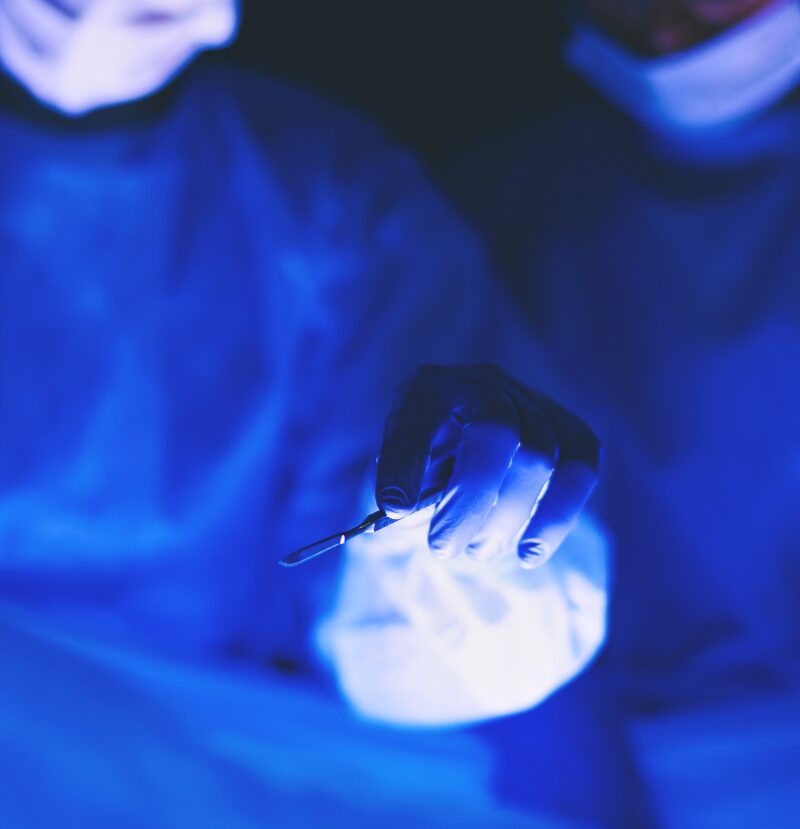
MINIMAL ACCESS SURGERY
Lead consultant Dr Kapouzis has extensive experience in the field of minimal access gynaecological surgery. He received his training in London under reputable consultants and in hospitals renowned for their endoscopic units.
He has attended international laparoscopic courses in London, Hamburg and France. He has taught trainees and laparoscopic suturing techniques. He has been accredited with the Diplome Inter Universite for Gynecologic Endoscopy at Clermonte, Ferrand, France. (DIUE)
Throughout his career he has performed more than a thousand laparoscopic and hysteroscopic operations. He operates at Iaso Maternity Hospital, which maintains high standards of patient care and carries the most recent tech equipment. Theatre staff is specialised in laparoscopic and hysteroscopic surgery.
Day surgery units are located on the premises of very organised private hospitals with highly experienced anaesthetists and in situ Intensive Care Units. Cooperating urologists and general surgeons are always around, in case they are needed. Spacious one, two or three-bed rooms are provided in case a night stay is required. Nursing staff is experienced and courteous, providing high-end private care.
A follow-up appointment is always provided, before patients fly back home. Patients also receive detailed operating theatre notes and DVD.
Stage 3 or 4 endometriosis surgery can be performed in state-of-the-art operating theatres of one of the Iaso Hospital day surgery units. Iaso is the biggest and the safest maternity hospital in Athens.

FAQ
Services Provided
Diagnostic laparoscopy and Dye test
Laparoscopic myomectomy
Laparoscopic treatment of endometriosis (mild, severe)
Laparoscopic ovarian cystectomy
Laparoscopic total and subtotal hysterectomy
Laparoscopic ovarian drilling
Diagnostic hysteroscopies
Hysteroscopic polypectomies
Hysteroscopic myomectomies
Hysteroscopic excision of intrauterine septum
If you are considering having your surgery in Athens contact us for details.
Pelargos IVF in cooperation with Elixir Concierge Members Club can offer concierge services to assist you with your accommodation needs and take care of anything you might need during your stay in the city.
Note: Most of insurances are valid
Laparoscopy Surgery
Laparoscopy is an operation performed through small incisions (usually 0.5–1.5 cm) with the aid of a camera. Laparoscopy can be used for diagnosis or therapeutic interventions with a few small cuts in the abdomen. A camera is inserted usually through a small incision in the belly button, with the aid of which pelvic organs are enlighten and projected to a screen. We can film the procedure.
Through small incisions we can also insert specially designed laparoscopic instruments, which are connected to energy sources and can cut, coagulate, cause haemostasis, or remove organs. Suturing can also be done. Technological revolution gives us HD screens with clear and easily magnified images.
Can all gynecological surgeries be done laparoscopically?
Since 1975, when the first invasive laparoscopy in gynaecology took place, laparoscopy has been constantly improving and expanding. Indications of open surgery in laparoscopy are nowadays restricted. Rapid development of new technologies, invention of new sources of energy used and modern instruments, have reduced restrictions of laparoscopy to a minimum. All gynaecological surgeries can be done nowadays laparoscopically, by doctors with the relevant training and experience. For more than 90% of such procedures there are strong benefits from laparoscopy in comparison to the open route.
Why choose laparoscopy for my surgery? Are there risks in laparoscopy?
Apart from the obvious aesthetic advantages of small incisions, there are lots of other benefits of minimal invasive surgery like laparoscopy.
• Hospital post operation stay is usually reduced to one day
• Going back to your normal activities time is also reduced
• Post-operative pain is less
• Wound suppuration rate is less
• Blood loss and risk of blood clots are less
• Risk of post-operative hernias is less
Of course laparoscopy like any surgical procedure is not without risks.
Complications rate is inversely proportional to the surgeon’s experience in laparoscopic procedures and directly proportional to the difficulty of the surgery itself. Patients with lots of previous abdominal surgeries, severe endometriosis and frozen or full-of-adhesions pelvis are at increased risk of complications. The complications include injuries to bowel, bladder and vessels. The risk is minimal with the right techniques and precautions.
Abdominal bloating, as well as pain in scars, shoulders and back are quite common after laparoscopic surgeries because of the air used to bloat abdomen.
